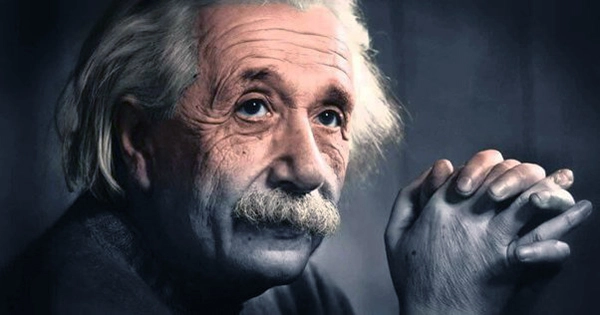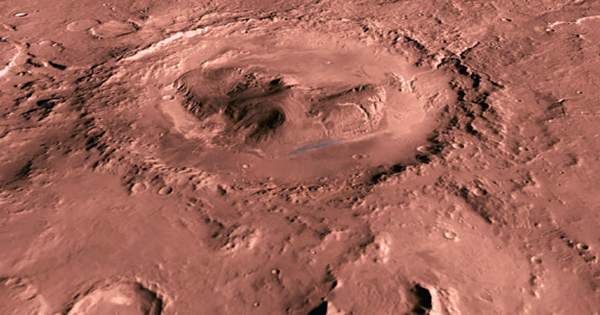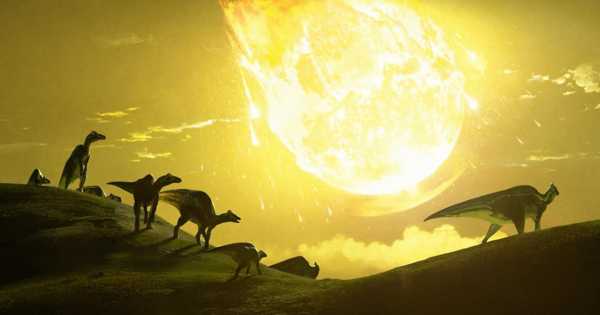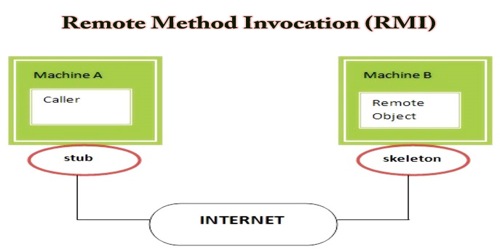Do you consider your bullshit sensor to be fairly reliable? You might want to reconsider because new research suggests that we’re all prone to the “Einstein Effect,” in which we’re more inclined to accept total nonsense as fact if it comes from a trustworthy source like a scientist. The study authors describe how they employed a New Age Bullshit Generator to generate “obscure, nonsensical sentences” that seem arcane and profound in the journal Nature Human Behaviour. They then polled 10,195 people from 24 nations to see how credible these “gobbledegook” expressions were.
Despite the fact that all of the assertions were total and utter nonsense, when they were attributed to a fake particle scientist named Edward K. Leal, 76 percent of participants ranked them at or above the middle of the credibility scale. When told that the gibberish originated from a New Age “spiritual authority” named Saul J. Adrian, only 55% thought it was trustworthy. “We constructed assertions that are nearly impossible to (in)validate and that bore no reference to controversial or politicized scientific topics about which people may have strong prior beliefs (vaccine efficacy, climate change, etc.),” the researchers write.
“We aimed to separate the worldview effect connected to the source from any worldview effect related to the content of the statements by employing ambiguous claims with no distinctive ideological meaning.” “Eons from now, we beings will expand like never before as we are regenerated by the quantum soup,” and “the future will be a zero-point deepening of consciousness,” according to a fast spin of the bullshit algorithm. (Does this remind anyone else of the AI-generated “inspirational posters”)?
The “Einstein effect” refers to the inclination to buy such non-wisdom if it is credited to a scientist, and it may represent a readiness to accept the assertions of trusted experts even if we don’t comprehend them. “People simply believe that E = mc2 and that drugs will help cure pneumonia because respectable sources like as Einstein and their doctor say so,” the authors write, “without actually grasping what these assertions genuinely mean.” “Deference to trustworthy authority such as teachers, doctors, and scientists is an adaptive strategy that facilitates effective cultural learning and knowledge transmission from an evolutionary perspective.”
Surprisingly, even persons who claimed to be deeply religious were more likely to trust remarks made by a scientist than those made by a spiritual leader, according to the researchers. However, among these people, the support for scientists over spiritualists was a little weaker. In conclusion, the study authors state that “gobbledegook from a scientist was judged more credible than the same gobbledegook from a spiritual guru across all 24 nations and all levels of religiosity.” “These findings imply that science is a powerful and universal heuristic that communicates the reliability of knowledge across cultures, regardless of one’s religious viewpoint.”
















